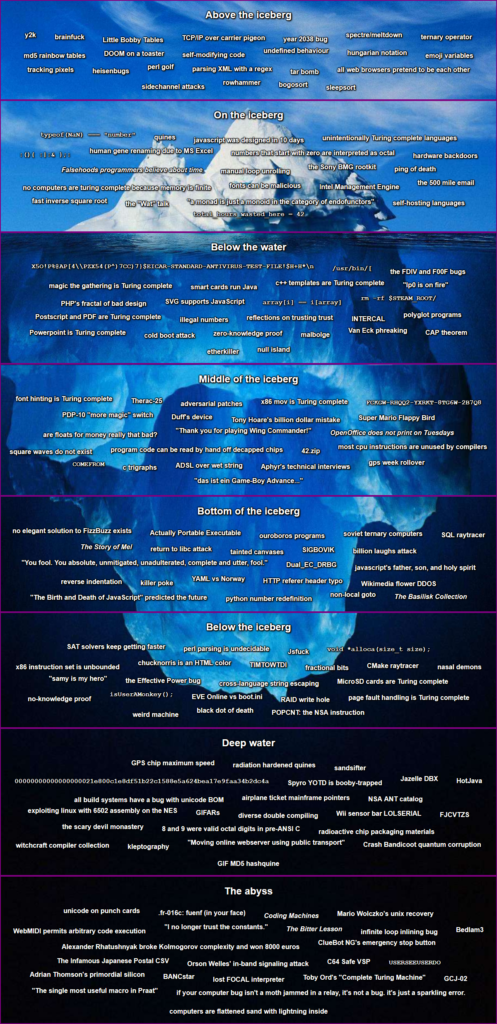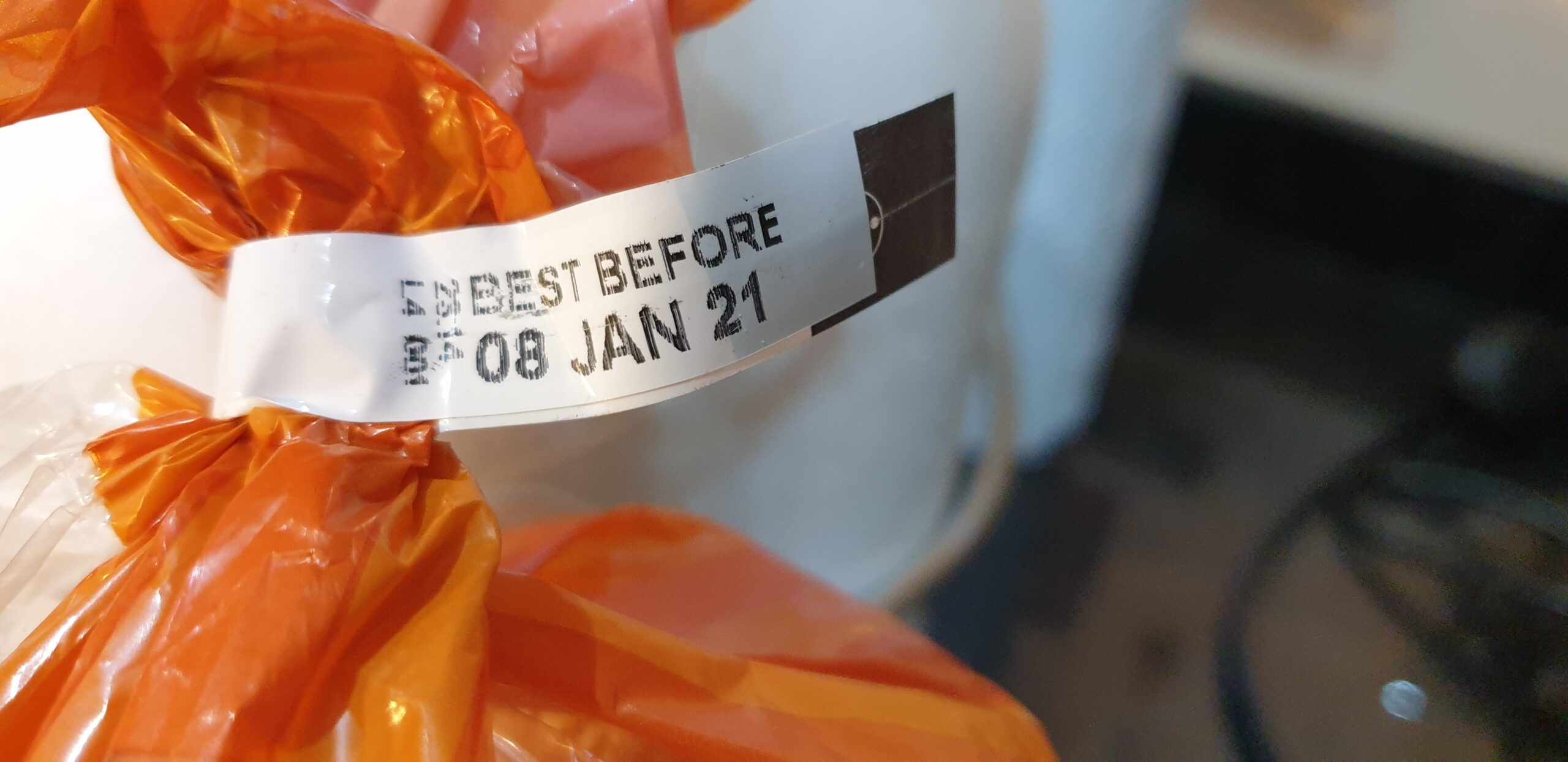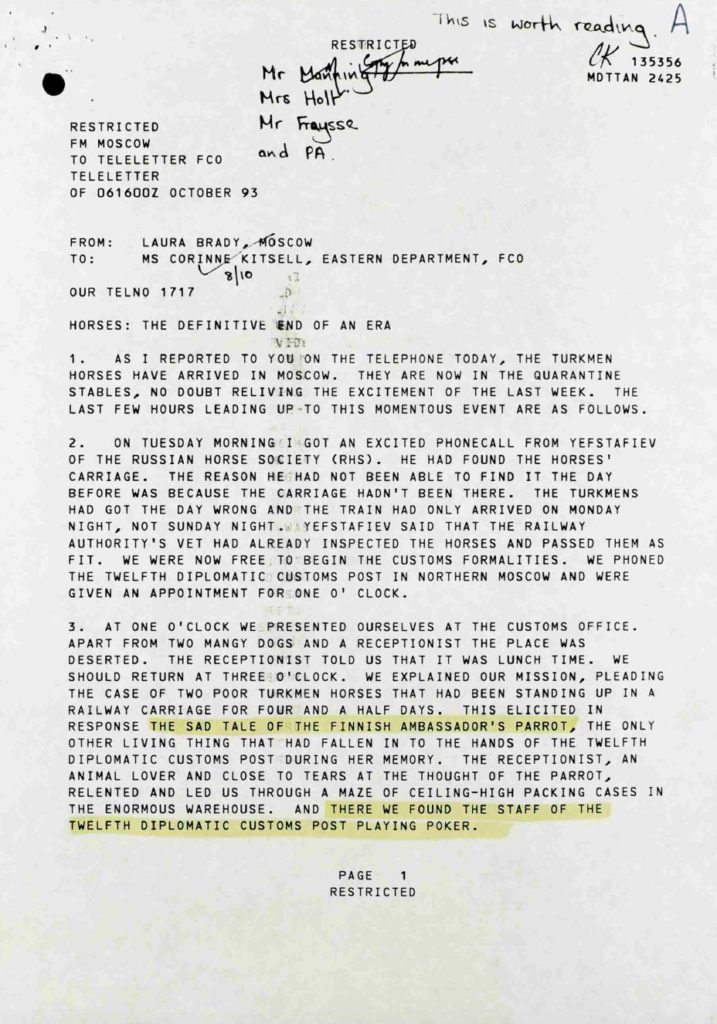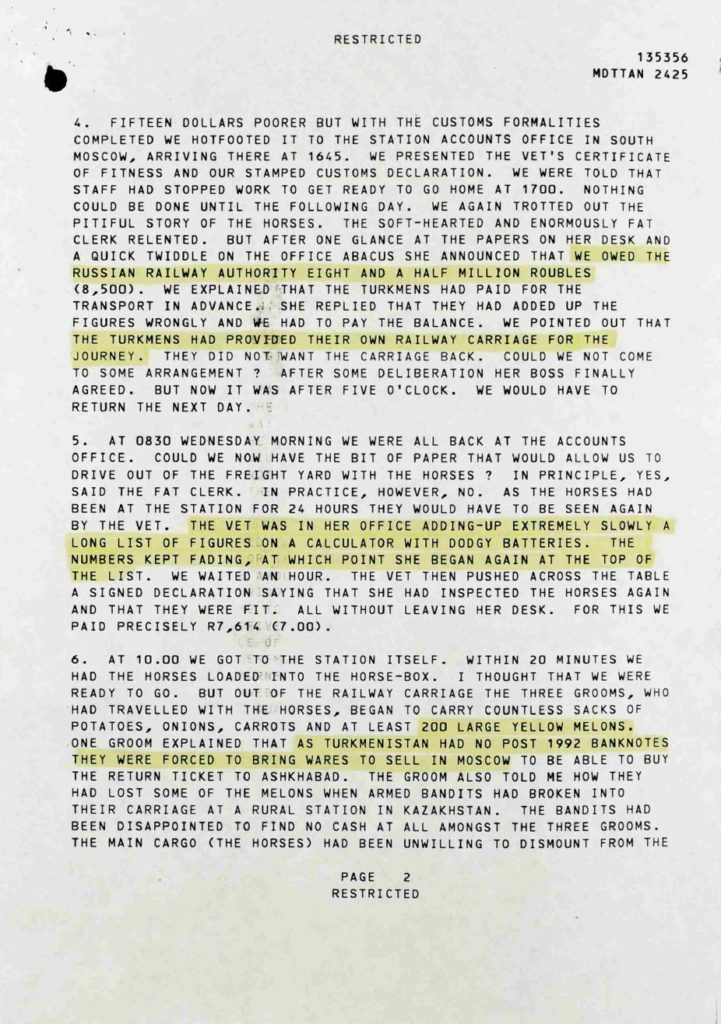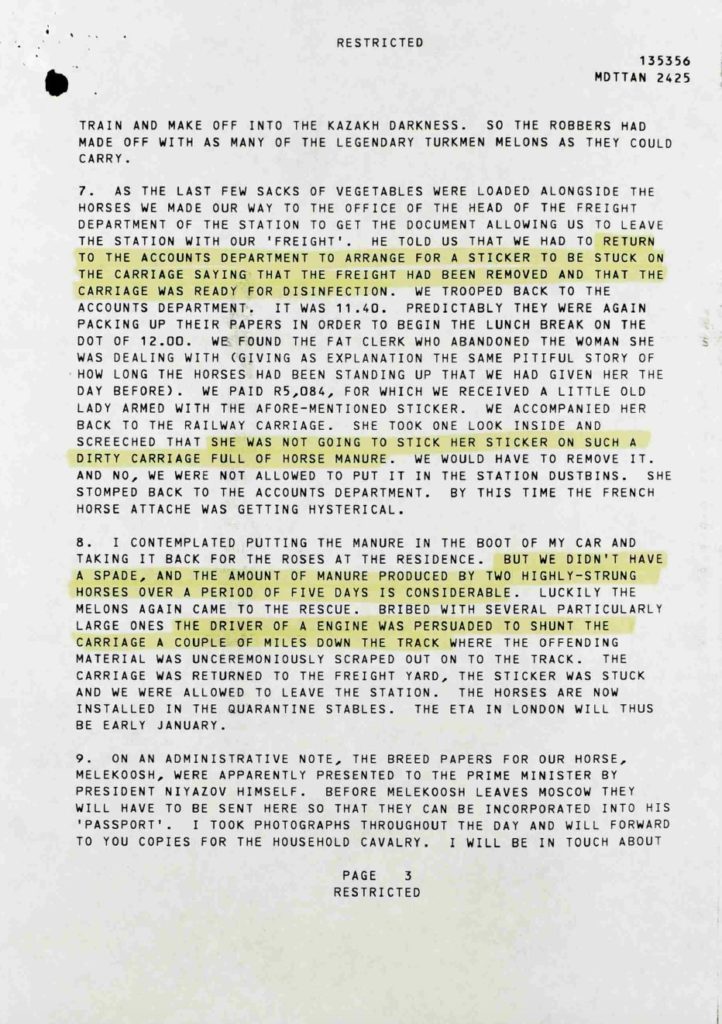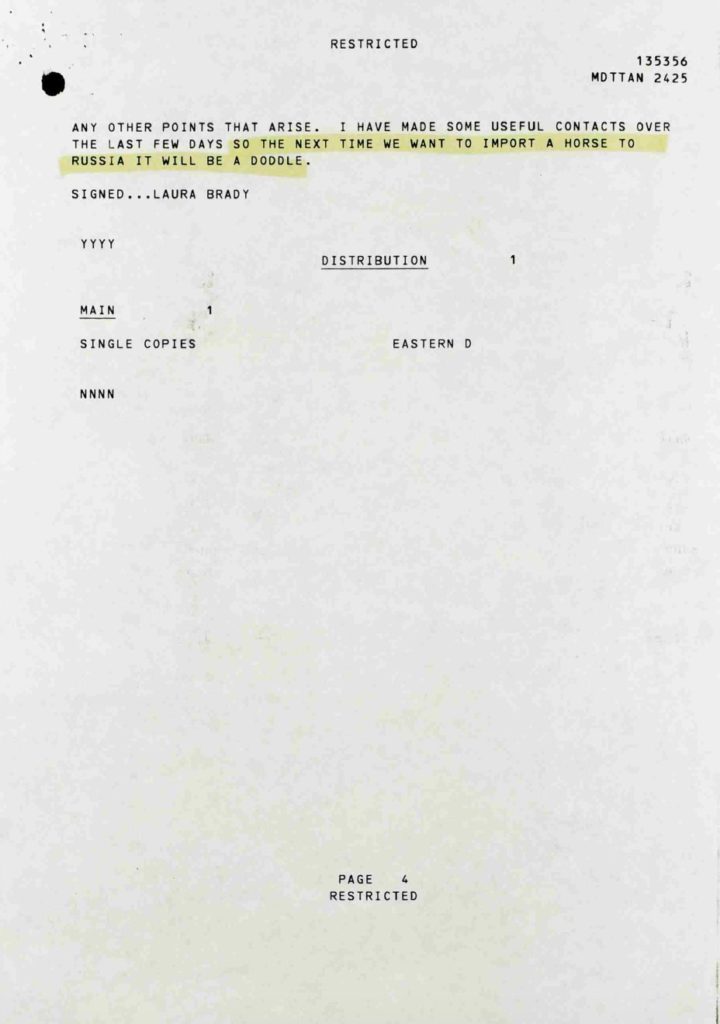The owner of a pizza restaurant in the US has discovered the DoorDash delivery app has been selling his food cheaper than he does – while still paying him full price for orders.
A pizza for which he charged $24 (£20) was being advertised for $16 on DoorDash – and when he secretly ordered it himself, the app paid his restaurant the full $24 while charging
him $16.
He had not asked to be put on the app.
…
This entire news story is comedy gold.
So it looks like food delivery network DoorDash try to demonstrate demand for their services by providing them even if you didn’t ask, then show
you how popular they were. So if you run a pizza restaurant, they might start selling your pizzas as “deliveries” to customers, then come and pick them up as “collections” and deliver
them. Because they’re trying to drum up support and show how invaluable they would be to you, they might even resell your product at a loss in order to get customers on-board
early. It’s all pretty slimy, but I’m sure that wherever they’re operating (New York, in this case) they’ve had the common sense to make all the legal language line up.
(If you can’t see the problem with this model, remember that the customers will be reasonably assuming that the restaurant is involved, so when their pizza turns up cold they’ll phone the restaurant and complain and ask for their money back [or slate them
in reviews online]. Plus, let’s not forget that this is a strongarm tactic: once a restaurant has been seen to be offering delivery, customers will be upset if you take the option away…
even if you never actually offered it in the first place.)
Anyway: this guy noticed that his restaurant was on DoorDash without his consent, and that they were selling his pizzas for less than he did. So he ordered them from himself:
he paid DoorDash $160 for the pizzas, DoorDash paid him $240 for the pizzas, DoorDash sent somebody around to pick them up from him and deliver them to his neighbour. Free money.

Next time he did it, the restaurateur didn’t even bother to put toppings on the pizzas. After all, he didn’t need to be eating them anyway! He was just paying DoorDash to pay him (more)
to move them from place to place. The restaurateur and his friend pulled off several off these trades and DoorDash never seemed to catch on. With some investigation, they discovered
that it was probably an imperfect scraper that had resulted in the price DoorDash advertised being lower than the price they
would pay the pizzeria, which immediately makes me wonder whether you could honeypot it with deliberate scraper-traps… (Owing to various bits of work I’ve done in the past, I’m pretty
well-versed in offensive and defensive screen scraper techniques.)
And to finish the news article off, we’re reminded about the attitude of Mosayoshi Son, the CEO of DoorDash’s parent company (which incidentally also tried to buy, and then got sued by, WeWork, demonstrating his financially-savvy). Recently,
defending his company’s general trend to attract venture capital and then lose it very quickly, he compared himself first to Jesus, who was also a “high-profile
visionary who was initially misunderstood”, and then to the Beatles, who “did not become a success overnight”.
Comedy gold I tell you. And now I want pizza. (Especially if I can persuade a stupid startup to pay me to make and then eat it myself.)
